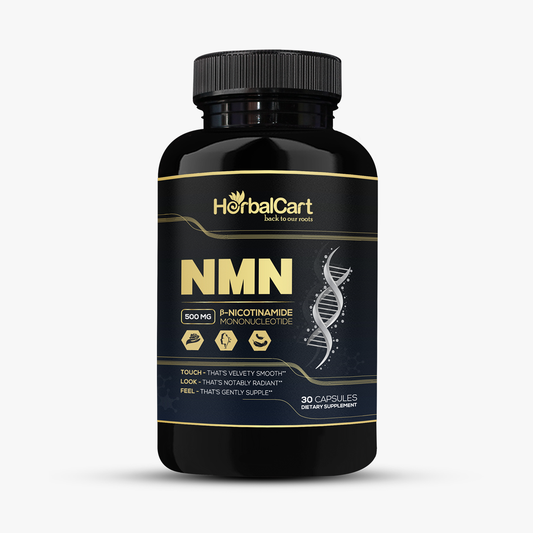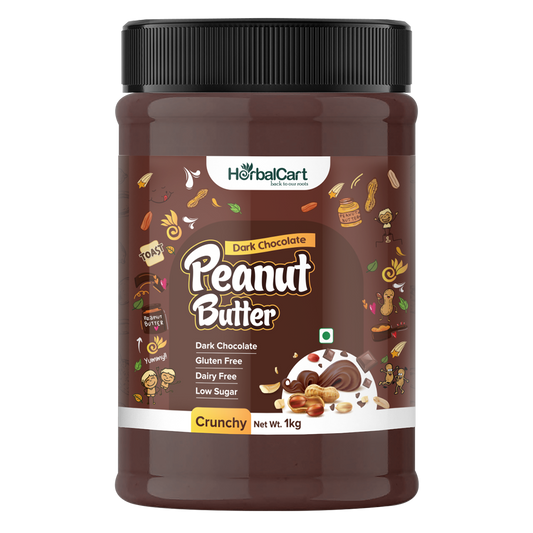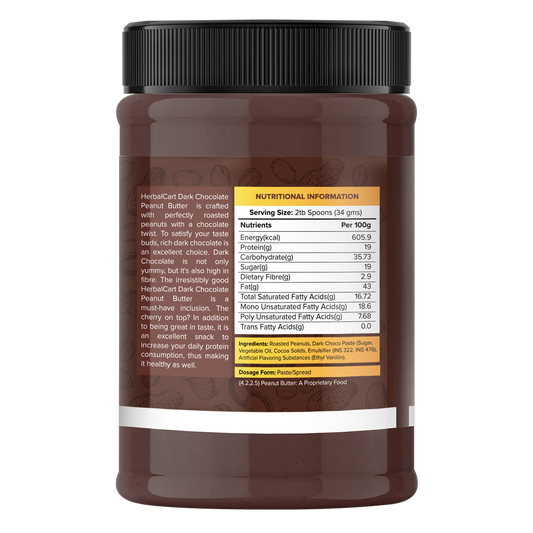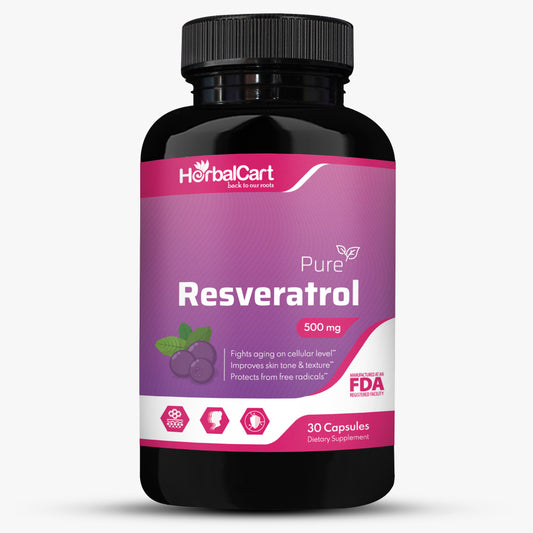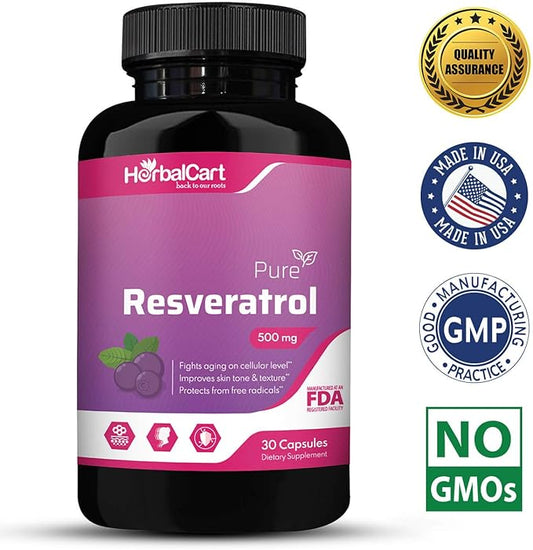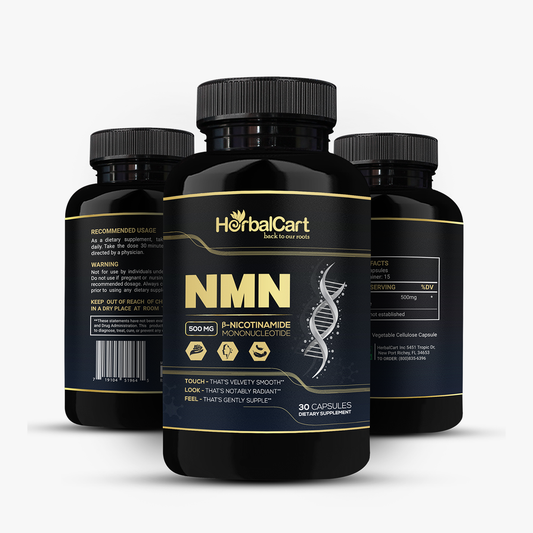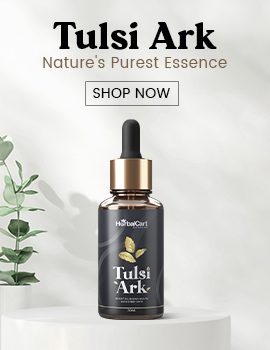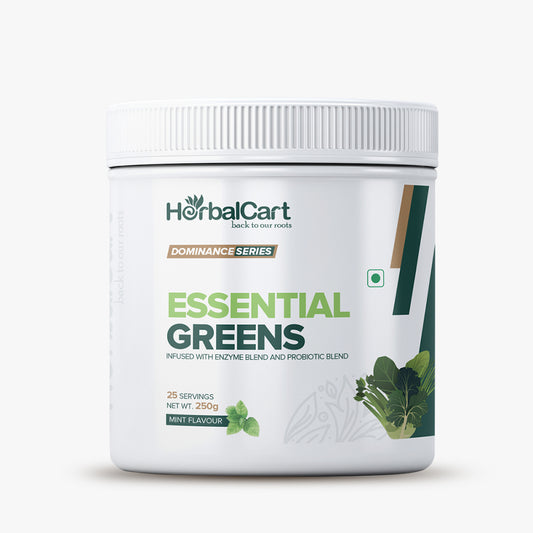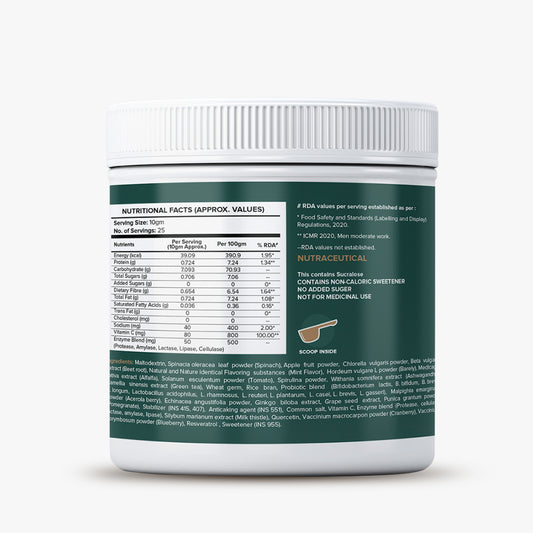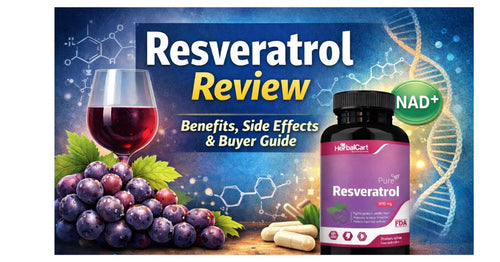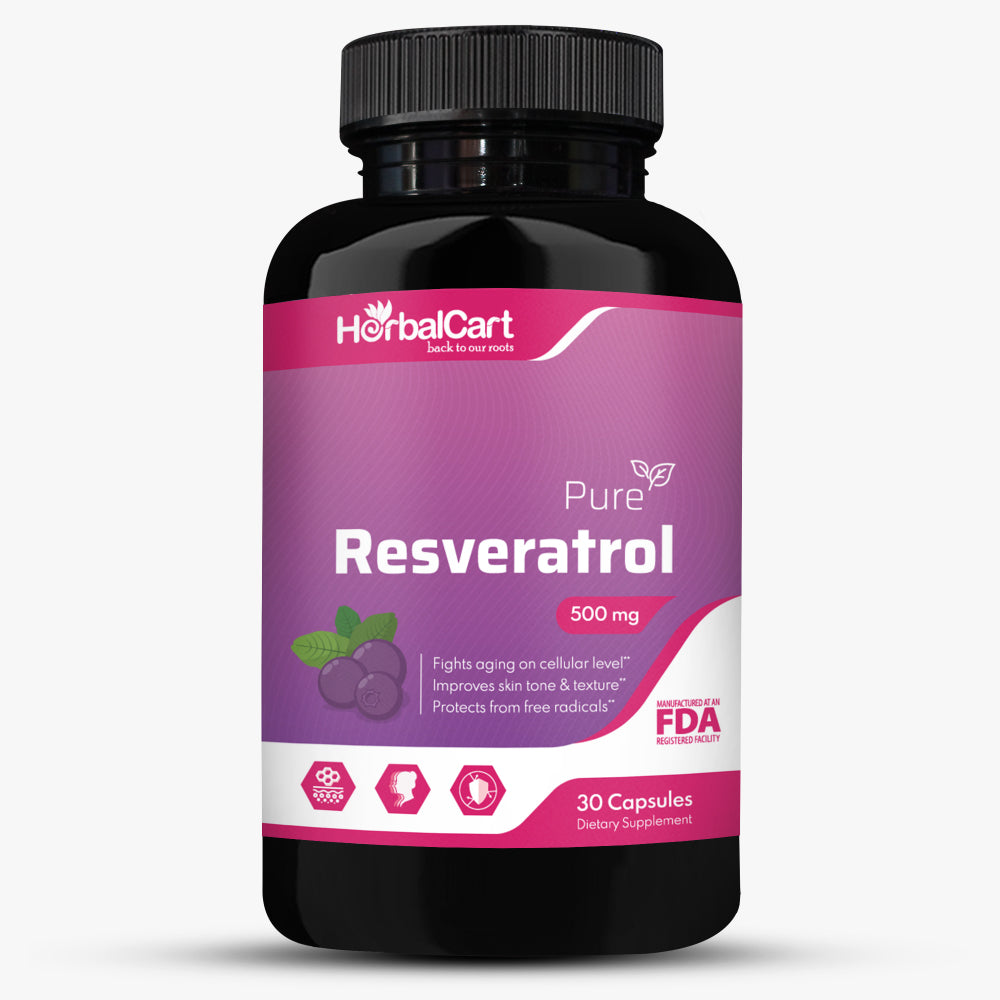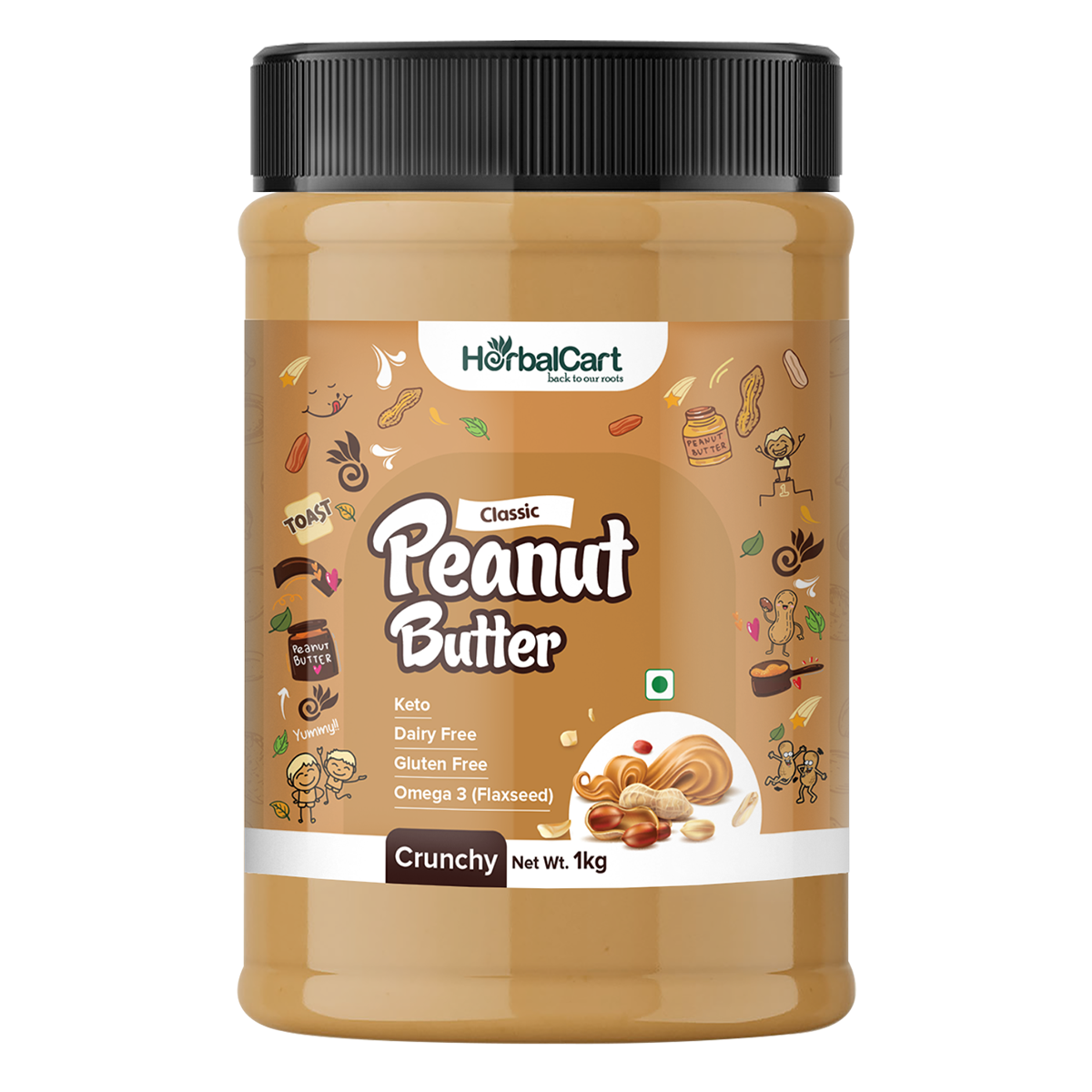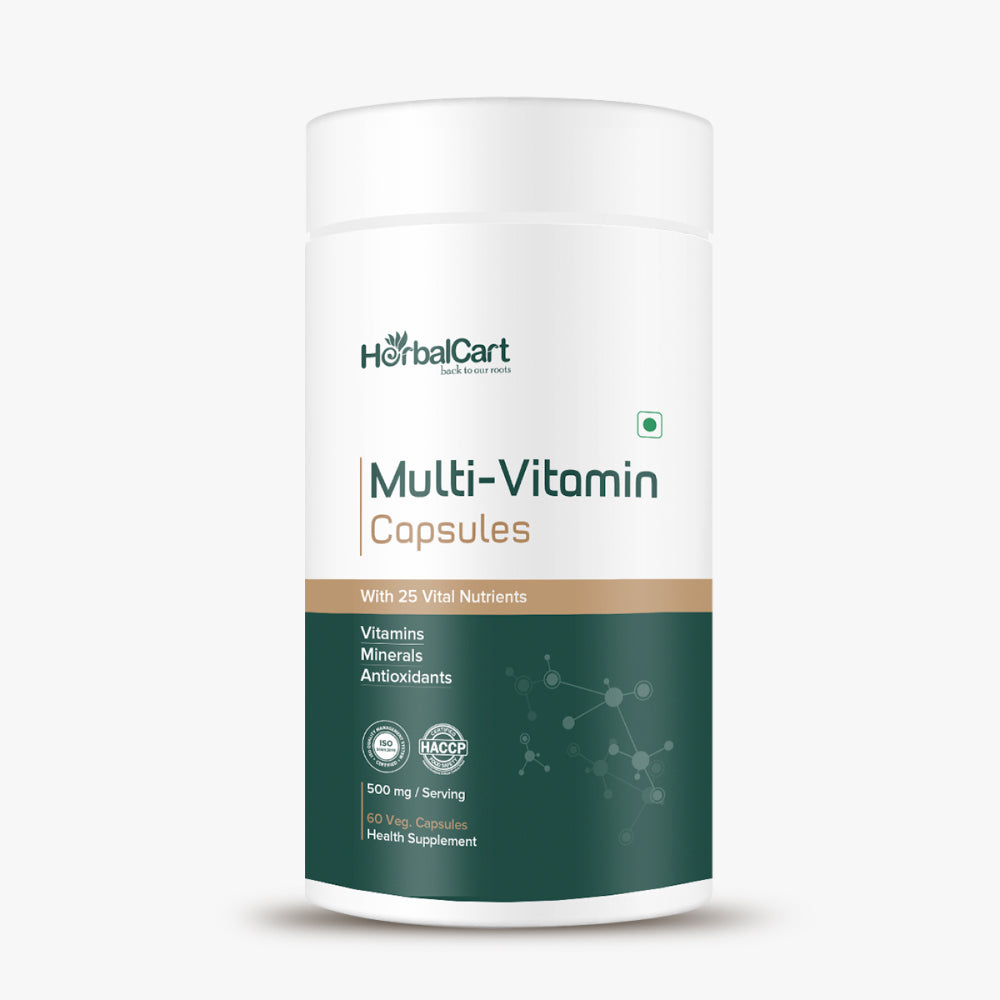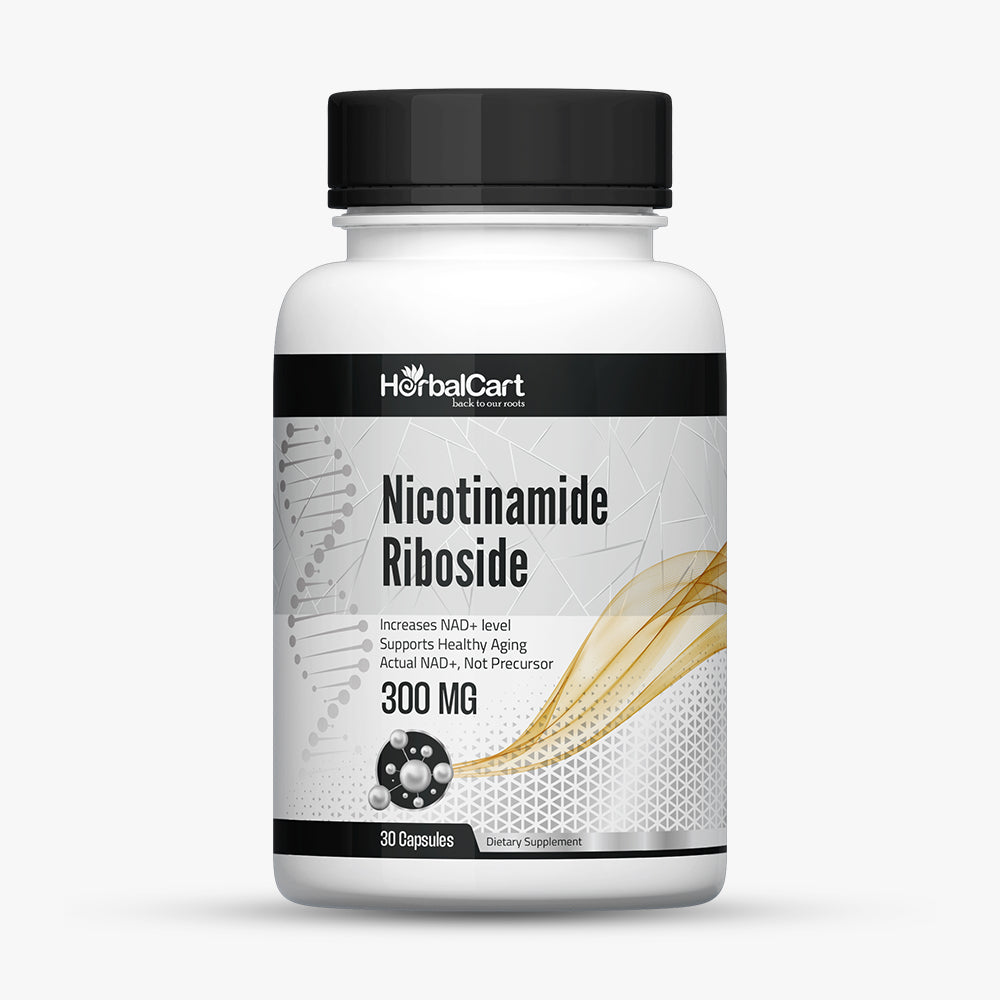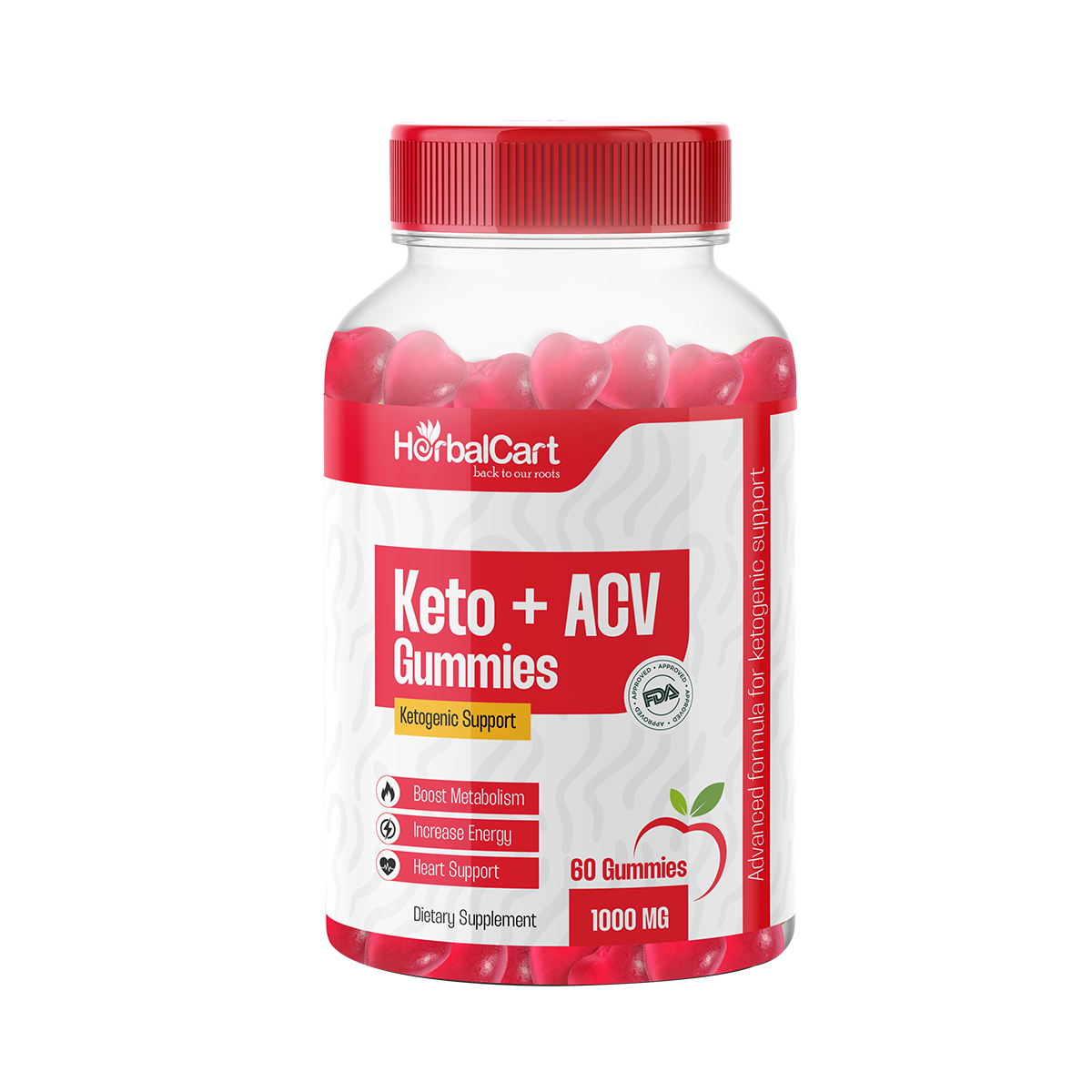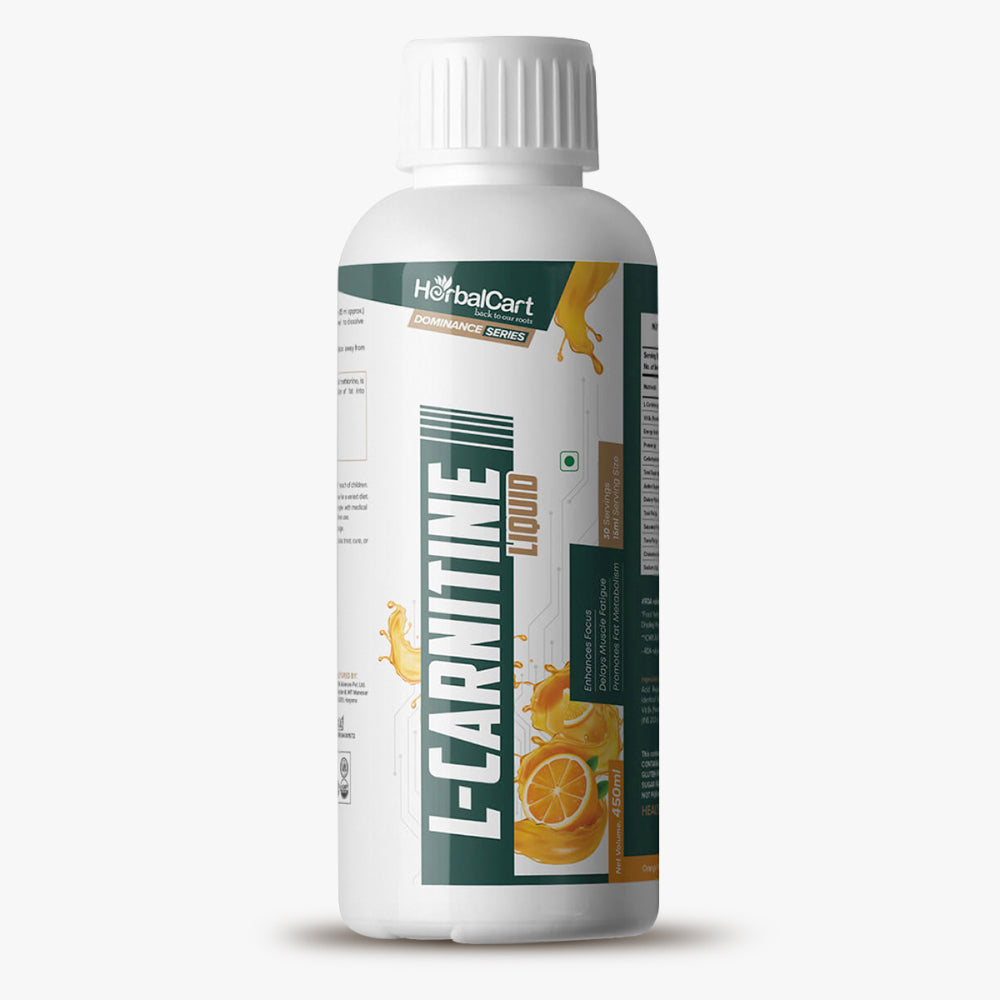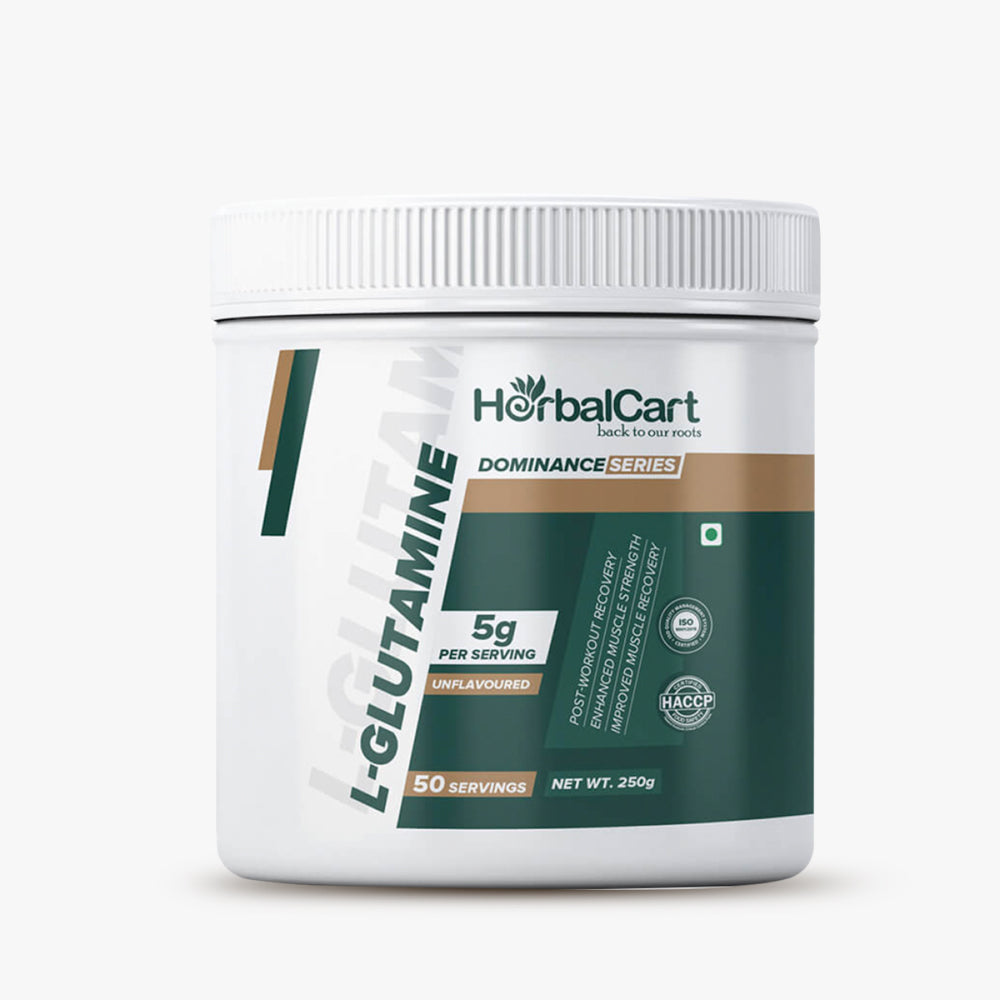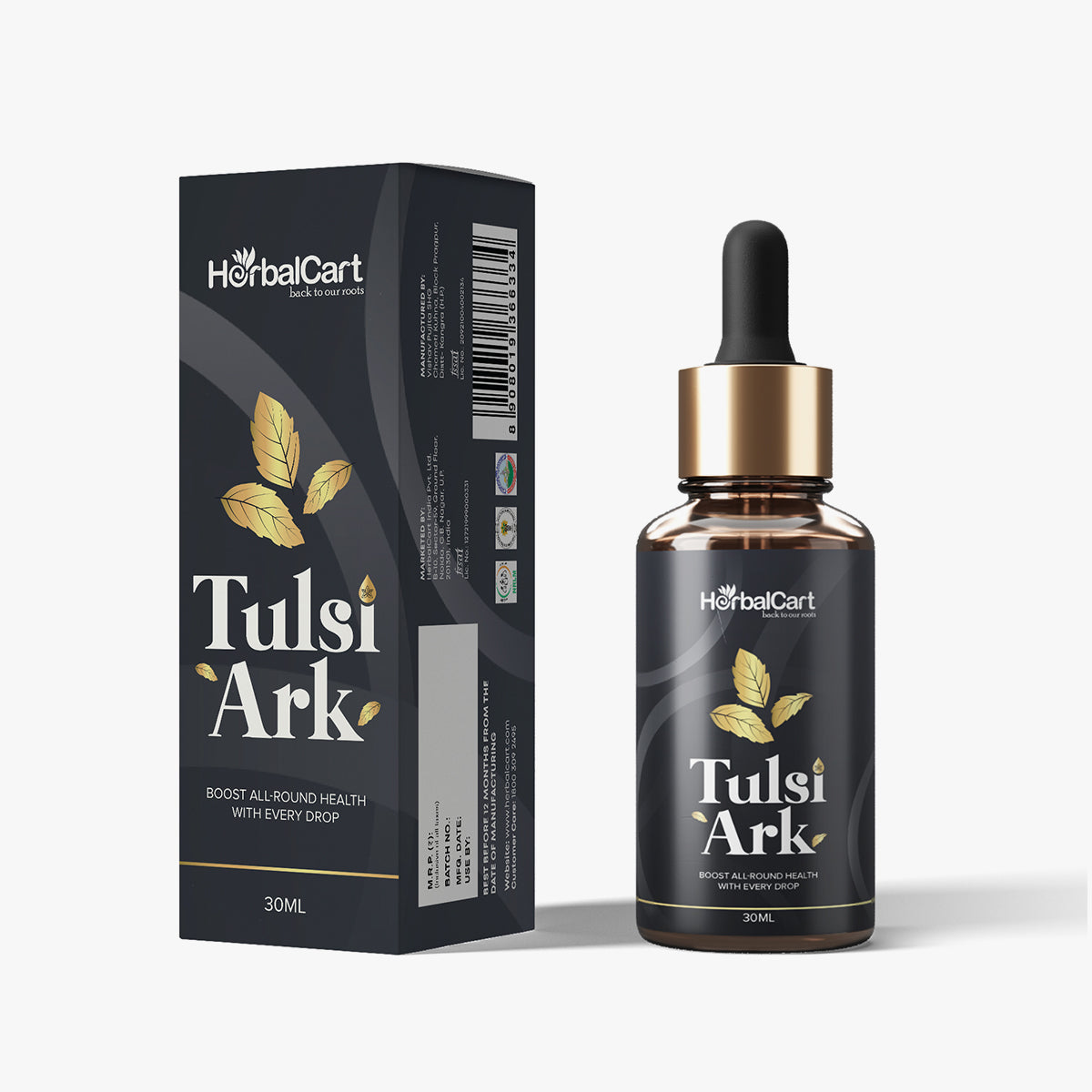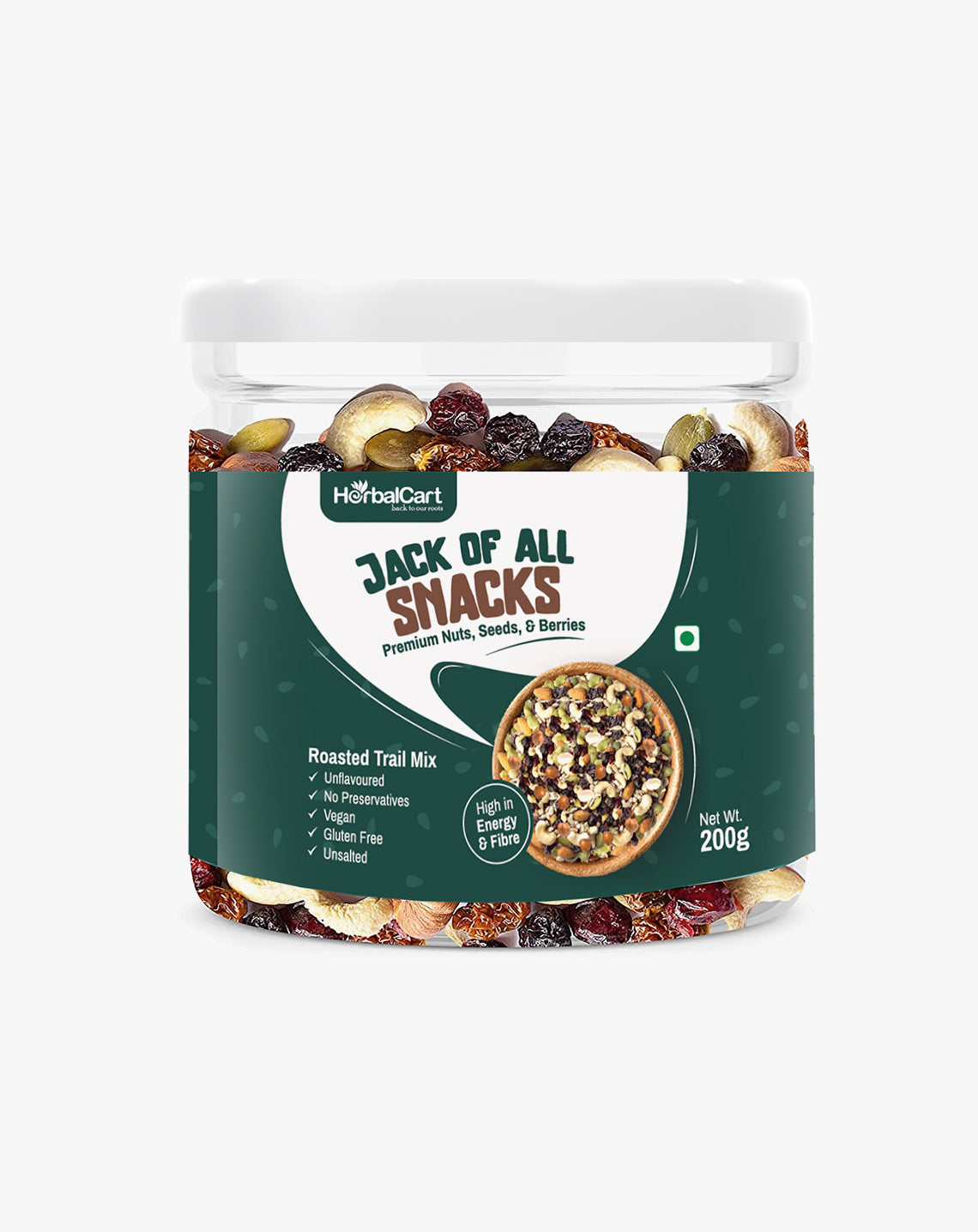Resveratrol is gaining recognition in skincare for good reason. Found in grapes, blueberries, and red wine, this natural compound helps protect the skin from daily damage and supports long-term improvement. It is not just another ingredient added for marketing; it offers clear benefits when used consistently.
Resveratrol can support your skin in quiet but noticeable ways, whether you want to calm sensitivity, fade dark spots, or support firmness. Here's a closer look at how it works, how to use it, and what to remember when choosing products.
What is Resveratrol?
Resveratrol is a plant compound classified as a polyphenol. Plants produce it as a response to stress, infection, or injury. In skincare, this same property helps protect skin cells from environmental exposure such as pollution and UV rays. It also supports the skin’s natural repair and recovery process.
Most skincare products use resveratrol extracted from the skin of red grapes, but it is also found in peanuts and some berries. Some formulas use a lab-created version to maintain consistency and strength across batches.
Read more: What Is Resveratrol And What Does It Do?
Benefits of Resveratrol for Skin
Resveratrol works across several areas of skin health. It does not rely on trends or short-term fixes. Instead, it helps your skin stay steady, even, and better supported.
1. Powerful Antioxidant Protection
Resveratrol neutralizes free radicals resulting from pollution, UV exposure, stress and more. By doing so, it prevents oxidative stress to keep premature aging, wrinkles and loss of skin elasticity away.
2. Anti-Aging Properties
Collagen production and protection against skin damage reduce the appearance of fine lines and wrinkles. Resveratrol also improves skin firmness, which makes it a significant ingredient in anti-aging formulations.
3. Brightens Skin Tone
Resveratrol is known to inhibit tyrosinase, an enzyme responsible for melanin production. This way, it decreases hyperpigmentation, uneven skin tone and dark spots; thus, giving a brighter complexion.
4. Reduces Inflammation and Redness
Anti-inflammatory properties of resveratrol soothe irritated skin. It is for this reason, it is of great use for people with sensitive skin or conditions like eczema or rosacea.
5. Supports Skin Repair and Healing
Upon repairing damaged skin cells, resveratrol boosts the healing process. This makes it useful to improve acne scars, sun-damaged skin and related conditions.
6. Enhances UV Protection
Though resveratrol is not a substitute for sunscreen, it can enhance skin’s resistance to UV damage when used alongside sun protection products.
How to Use Resveratrol in Skincare
Resveratrol does not require a complicated routine. It can be included in advanced or straightforward steps and works well with other common ingredients.
Use in serum form: Serums absorb quickly and are ideal for delivering ingredients deeper into the skin. Apply after cleansing and before moisturizing.
Use as part of a moisturizer: Moisturizers with resveratrol are helpful for dry or mature skin, mainly when used at night.
Apply as a weekly mask: Masks that include resveratrol offer extra hydration and calmness for tired or dull skin.
Consider supplements for internal support: Some people also take resveratrol as a capsule. While supplements support overall wellness, topical application gives faster skin-specific results.
Include resveratrol-rich foods in your meals: Red grapes, peanuts, and berries naturally contain resveratrol. While they won’t replace skincare products, they help support skin through nutrition.
Who Should Use Resveratrol?
Resveratrol is suitable for all skin types, but is highly beneficial for:
- Individuals with mature skin looking to prevent wrinkles
- People with sensitive skin looking for a soothing ingredient
- Those exposed to extreme pollution
- Anyone looking to brighten their complexion
How to Choose the Best Resveratrol Skincare Products
When picking a resveratrol-based skincare product, consider the following factors:
- Ingredient Concentration: The product must have a high percentage of resveratrol for maximum benefits.
- Combination with Other Antioxidants: Ingredients like vitamin C, niacinamide and ferulic acid enhance its effects.
- Packaging: Choose products in dark or opaque packaging to prevent oxidation and degradation.
- Skin Type Compatibility: Choose formulations suitable for your skin type.
Possible Side Effects of Resveratrol
Resveratrol is usually safe for most skin types, but some individuals may experience mild irritation or redness. If you have sensitive skin, a patch test is recommended before using a resveratrol product.
1. What does resveratrol do for the skin?
Resveratrol helps protect the skin from environmental damage, supports firmness, reduces the appearance of dark spots, and calms visible redness. It also works well alongside sunscreen to improve the skin’s response to sun exposure.
2. Can resveratrol lighten skin or fade pigmentation?
Yes, resveratrol can help fade pigmentation over time by slowing down melanin production. This makes it a good option for those with uneven skin tone, sunspots, or post-acne marks.
3. Is resveratrol good for sensitive skin?
Resveratrol is generally well-tolerated by sensitive skin due to its calming properties. However, as with any new ingredient, it’s best to do a patch test first and start with a low-frequency application.
4. Can I use resveratrol with other active ingredients like vitamin C or retinol?
Resveratrol pairs well with antioxidants like vitamin C and niacinamide. When using it with stronger actives like retinol or acids, alternate usage or apply on different days to avoid irritation, especially if your skin is new to actives.
5. Is resveratrol better as a supplement or a topical skincare product?
Topical products deliver more direct results for the skin’s surface. Supplements support overall wellness, but serums or creams with resveratrol are more effective if your main goal is visible skin improvement.
6. How often should I use resveratrol for skin benefits?
Resveratrol can be used once or twice daily, depending on the formulation. Serums are usually applied in the morning or evening after cleansing and before moisturizing. Consistency is key for long-term results.
Conclusion
Resveratrol is a powerful addition to a skincare regime. Offering an array of benefits, it can definitely help to achieve a healthier, more youthful complexion.





